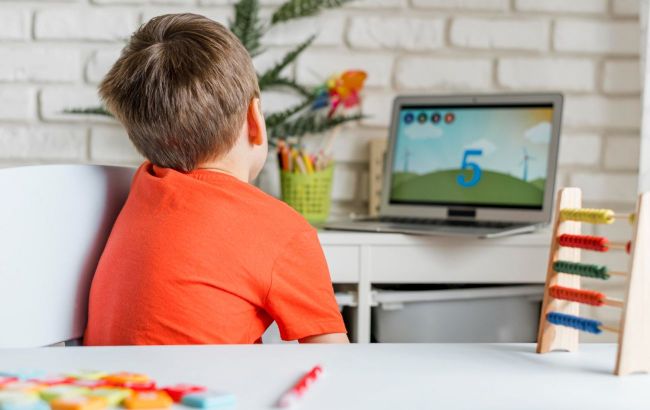Psychologist on when children should not watch cartoons
 Illustrative photo (Freepik)
Illustrative photo (Freepik)
Children love cartoons. Unlike in the past, today's kids indulge in animated shows more frequently, thanks to increased accessibility. However, it's crucial to understand how cartoons impact the mental well-being of children, according to famous Ukrainian psychologist Dmytro Karpachov.
Duration of watching
According to WHO (Word Health Organization) recommendations, children aged 1-2 can watch TV for 10 minutes a day, 3-4-year-olds for 20 minutes, 5-6-year-olds for 30 minutes, and 7-9-year-olds for up to 1 hour a day.
Purpose of watching
Psychologists say that sociologists conducted surveys among parents on the harm and benefits of television for children. 70% responded that watching cartoons and TV shows is beneficial.
However, before choosing a cartoon, it's essential to consider its purpose and whether it will be beneficial for the child. It's crucial to control the content, especially avoiding horror films or shows with age restrictions.
Watching together
Watching cartoons can bring a family together if done collectively. Afterwards, discussing the movie and asking the child about their favorite parts can be constructive.
Avoid TV right before bedtime
To avoid disrupting melatonin production, it's better for children to watch cartoons in the first half of the day. The screen should be at a considerable distance, around 2 meters from the child's eyes.
Eating while watching
Eating while watching TV is a widespread habit. It encourages mindless eating, where a child loses control over satiety, leading to digestion issues and unnecessary weight gain.
Avoid background mode
Passive TV watching negatively affects children's cognitive functions. Prolonged exposure to informational noise can overload their psyche with information that is not currently necessary or interesting.

